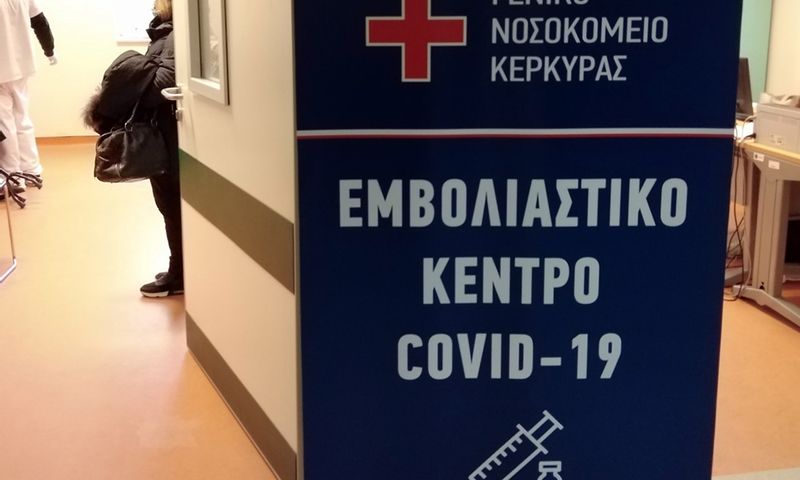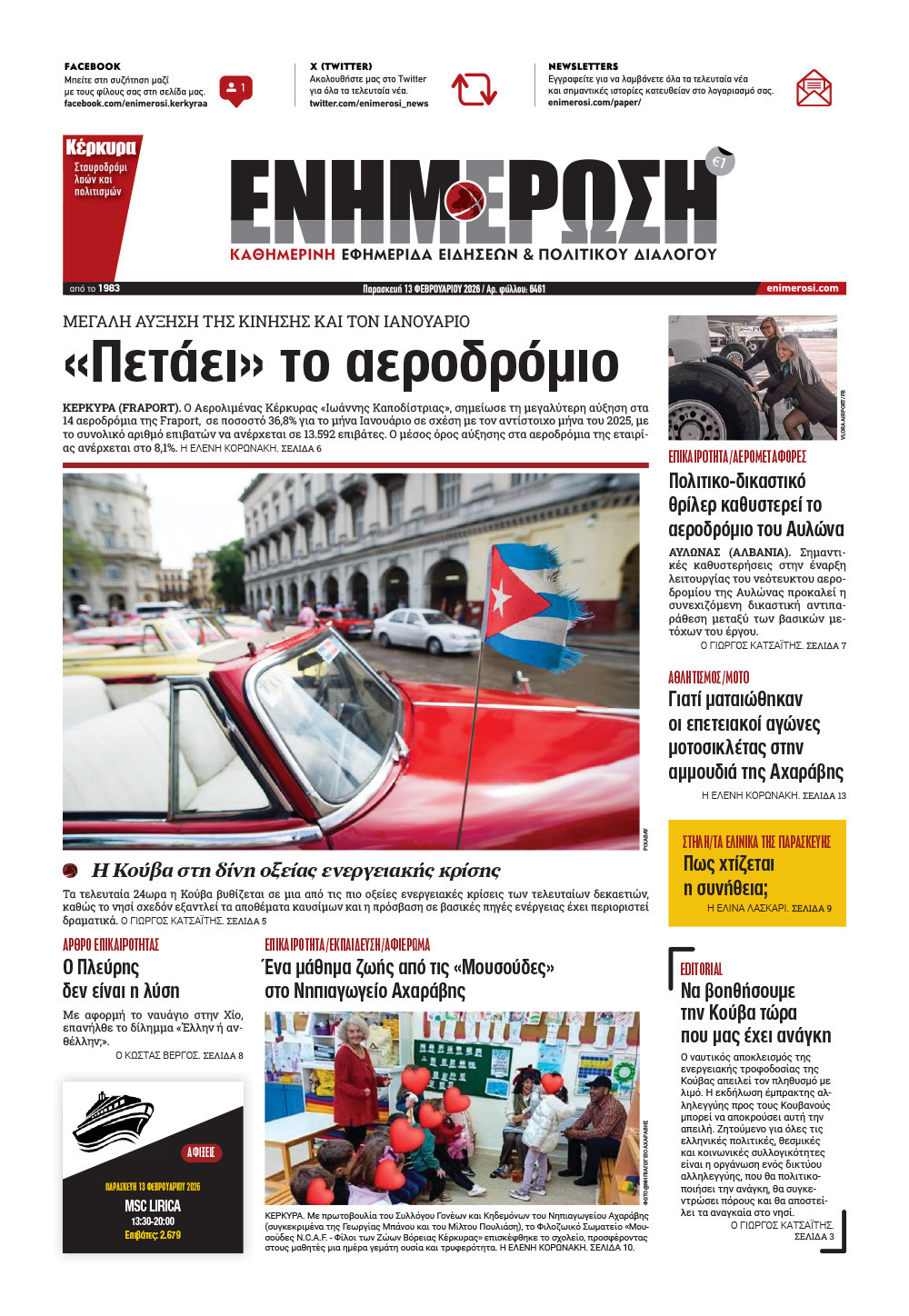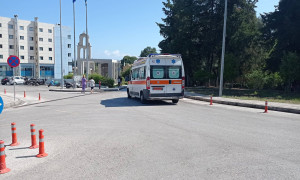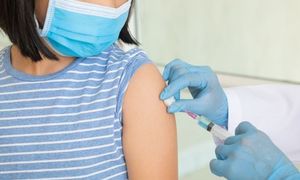Greek vaccination certificates invalid without booster shot

COVID-19
07 Feb 2022
/ 17:00
The short extension in the validity of the vaccination certificates, which was given due to the ‘Elpis’ wave of bad weather, expires today, Monday 7 February.
This means that adults, who had completed their vaccination seven months ago, should receive the booster shot. Otherwise, they will be considered unvaccinated in Greece.
It is estimated that there are 300,000 people who have not received the third shot after 7 months since the second one or after three months since they received the single-dose Johnson & Johnson shot.
If the vaccination certificate is not renewed, holders will not be allowed to enter enclosed entertainment establishments, while public sector employees will have to present a negative PCR or rapid test, which they will pay themselves, before going to work.
The Ministry of Health had given a short one-week extension in the validity of the the certificates, due to the difficulties for people to get their third shots during the ‘Elpis’ wave of bad weather.
Health Minister Thanos Plevris had stated that “due to the wave of bad weather, many of our fellow citizens who had scheduled their vaccination appointments could not arrive at the vaccination centres. Thus, the validity of the certificate is extended from January 31 to February 7.”
When it comes to the recovery certificate, its issuing method had recently changed. In particular, vaccinated people must have a positive rapid test in order to issue a recovery certificate, while unvaccinated people need a positive PCR test in order to issue a recovery certificate.
In addition, from today, vaccinated travellers with an active European certificate – which is valid for 9 months – will not be required to present a rapid or a PCR test in order to enter Greece. For those who have not been vaccinated, measures remain the same – they will have to present a negative rapid or PCR test in order to enter the country.
Until yesterday, Sunday 6 February, all those travelling to Greece had to present a negative 72-hour PCR test or a negative 24-hour rapid test before arriving in Greece.
Furthermore, as of today, Monday 7 February, the measures to prevent the spread of Covid-19 will be valid for one more week (until Monday 14 February 2022 at 6:00).
It should be reminded that on 31 January, the restrictions on opening hours and music had been lifted. However, only fully-vaccinated and those recovering over the last three months are allowed to enter restaurants and entertainment establishments, while there will only be seated customers with maximum of six at a table, with avoidance of crowding and proper distancing between tables and chairs.
Source: Kathimerini.gr
It is estimated that there are 300,000 people who have not received the third shot after 7 months since the second one or after three months since they received the single-dose Johnson & Johnson shot.
If the vaccination certificate is not renewed, holders will not be allowed to enter enclosed entertainment establishments, while public sector employees will have to present a negative PCR or rapid test, which they will pay themselves, before going to work.
The Ministry of Health had given a short one-week extension in the validity of the the certificates, due to the difficulties for people to get their third shots during the ‘Elpis’ wave of bad weather.
Health Minister Thanos Plevris had stated that “due to the wave of bad weather, many of our fellow citizens who had scheduled their vaccination appointments could not arrive at the vaccination centres. Thus, the validity of the certificate is extended from January 31 to February 7.”
When it comes to the recovery certificate, its issuing method had recently changed. In particular, vaccinated people must have a positive rapid test in order to issue a recovery certificate, while unvaccinated people need a positive PCR test in order to issue a recovery certificate.
In addition, from today, vaccinated travellers with an active European certificate – which is valid for 9 months – will not be required to present a rapid or a PCR test in order to enter Greece. For those who have not been vaccinated, measures remain the same – they will have to present a negative rapid or PCR test in order to enter the country.
Until yesterday, Sunday 6 February, all those travelling to Greece had to present a negative 72-hour PCR test or a negative 24-hour rapid test before arriving in Greece.
Furthermore, as of today, Monday 7 February, the measures to prevent the spread of Covid-19 will be valid for one more week (until Monday 14 February 2022 at 6:00).
It should be reminded that on 31 January, the restrictions on opening hours and music had been lifted. However, only fully-vaccinated and those recovering over the last three months are allowed to enter restaurants and entertainment establishments, while there will only be seated customers with maximum of six at a table, with avoidance of crowding and proper distancing between tables and chairs.
Source: Kathimerini.gr












